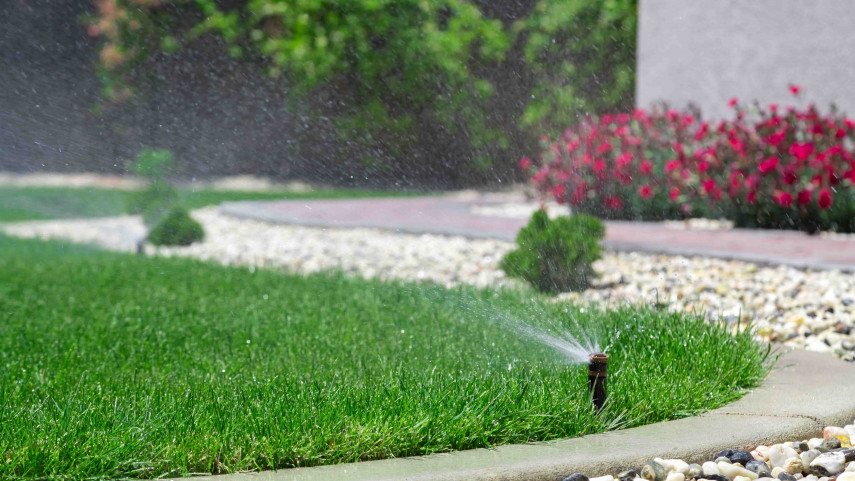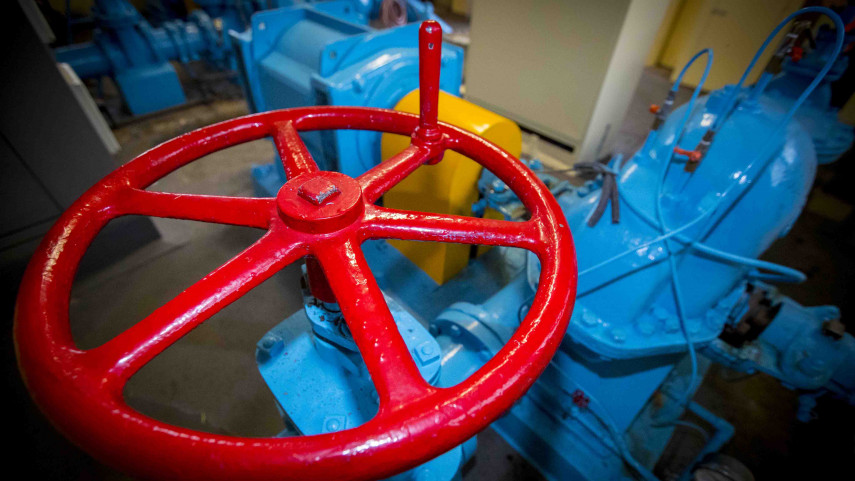
Water charge from next year for high-use households

Share this story
Christchurch households that regularly use large amounts of water will begin paying an extra charge from July next year to cover the cost of supplying it.
The excess water use targeted rate, which was put forward for public feedback under Christchurch City Council’s Draft Long Term Plan 2021-31, was approved today by councillors.
From 1 July 2022, the targeted rate will apply to any household that uses, on average, more than 700 litres a day – roughly equivalent to 100 toilet flushes or taking seven baths.
Property owners in Christchurch and Banks Peninsula will pay a fixed rate of $1.35 for every 1,000 litres they use over the limit, with water usage recorded and billed for on a quarterly basis.
Christchurch households currently use an annual average of 540 litres a day – the highest household average of all the larger cities in New Zealand.
“Under the new scheme, where a property owner regularly uses significantly more water than the average household, they will contribute to the cost of supplying that extra water, which is fair,” says Chair of the Council’s Three Waters, Infrastructure and Environment Committee, Pauline Cotter.
“We know the top 20 per cent of household water users in Christchurch use half the total residential water supplied to the city.
“So the problem is that a small proportion of households are using an extremely large amount of water – while putting a heavy burden on parts of the water supply network, mostly over summer.
“Charging for excess water use will help us manage the water demand better and also reduce our pumping costs over summer.
“Long term, we won’t need to spend as much money expanding our water supply network, and it will also improve the sustainability of our city’s water supply, which aligns with our climate change goals.”
The Council received a total of 403 submissions on its proposal to charge for excess water use, with 207 of those indicating they supported it. A further 67 submitters said they supported the idea of charging residential water users in various ways.
Last summer Christchurch recorded its highest single day of residential water use in a decade – an average of 1,324 litres per household.
Ms Cotter says those property owners who receive an excess water use charge will likely only receive it for the summer months, when water use is at its highest.
“It’s likely the first invoices will be sent out towards the end of 2022. Even then, we would expect the average charge to be in the realm of tens of dollars rather than hundreds,” she says.
“This isn’t about penalising people – it’s about getting people thinking about the way they use their water.
“Later this year we’ll be rolling out further information, including a way for people to easily access their quarterly water usage online, so they can see how they’re tracking and modify their use before the excess charge comes into effect next year. In some cases, this will also help people to see they have a water leak on their property, allowing them to get it fixed.”
The Council estimates the excess water use targeted rate will affect about 20,000 to 30,000 properties and bring in an additional $2 million in revenue in the first year.
Exemptions will apply for unexpected water leaks – with proof the leak was repaired promptly – or for personal circumstances such as medical conditions.
Where multiple properties are served by a single water meter, the Council will not charge for excess water use until separate water meters are installed, unless there is a special arrangement in place specifying which property is responsible for payment.


